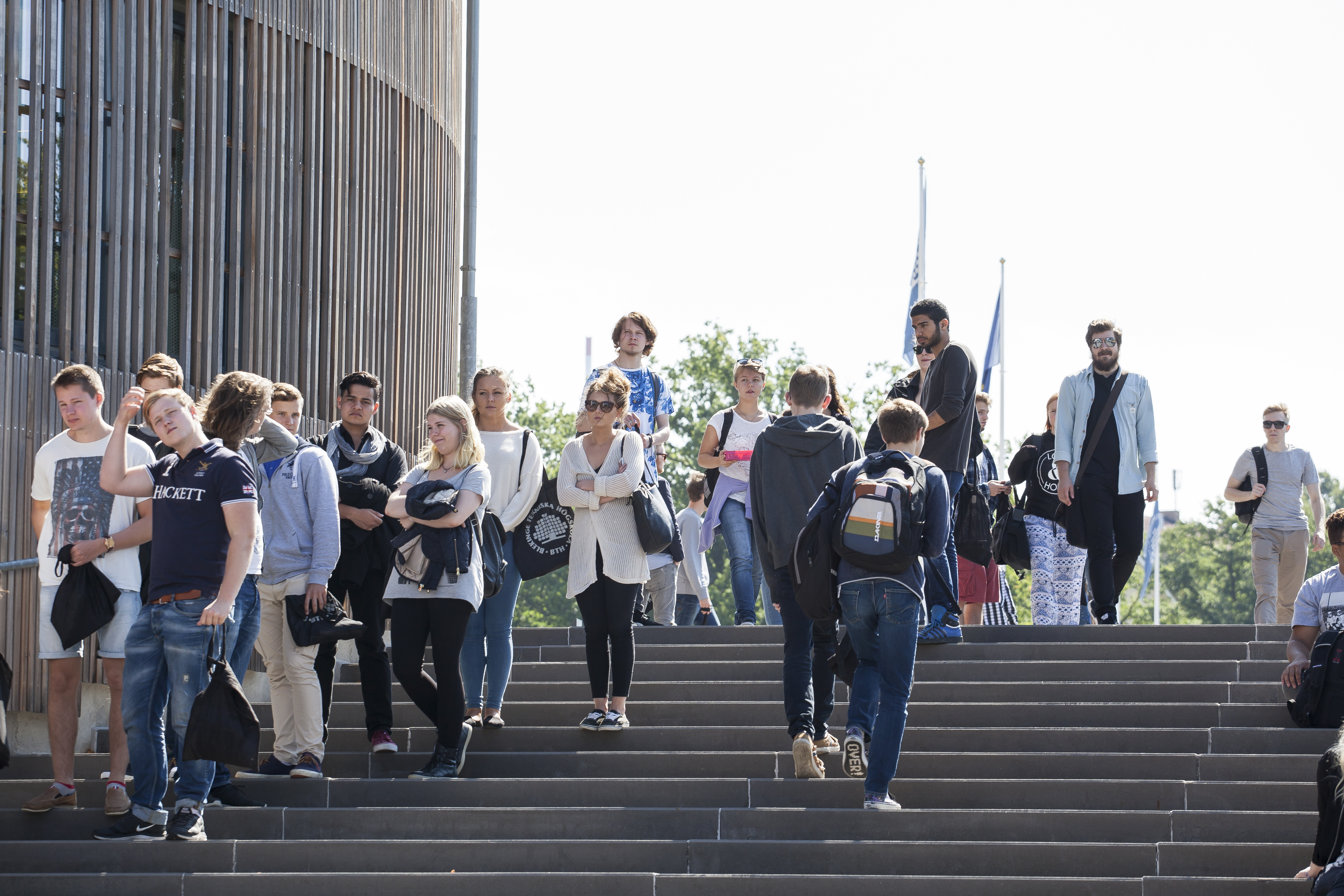3plus1
3+1, Bachelor Course Package
Programme descriptor for Bachelor of Science Programme in technology
” Development of Mechanical/Electrical Engineering in International Industry” 180 ECTS credit points
1. Project description
In project “3+1 collaboration”, part of the students’ university credits will be counted according to BTH’s requirement. If the counted credits are more then 100 ECTS credits and their English level reached certain level, the students will be admitted to study at BTH. They will take the courses under the supervision of the experiences teachers at BTH. After one or more years study, the students who completed the required credits will obtain Swedish Bachelor of Science degree (If the home university accept – a double degree is also possible to get).
2. Entrance requirements and Transition regulations for advancement
Students have already passed the courses with 100-120 ECTS BTH required credit points within the fields of Mechanical Engineering or Electrical Engineering.
Students shall show a level of English corresponding to “English 6”, i.e.:
- TOEFL, paper based: a minimum score of 4.5 (scale 1-6) in written test and a total minimum score of 575.
- TOEFL, internet based: a minimum score of 20 (scale 0-30) in written test and a total minimum score of 90.
- IELTS: a minimum overall mark of 6.5 and no section below a minimum of 5.5.
The test results may be complemented by interviews.
If the student haven’t reached the requirements, but close, they are recommended to consult the student guidance counsellor at the coorporated universities in order to discuss an individual study plan.
3. Tuition fees
The tuition fee is: 65 625-75 000 SEK with BTH’s scholarship. 87 500-100 000 SEK without.
If you’d like to take an additional course, it will cost between 9 375 SEK for scholarship students and 12 500 SEK for non-scholarship students.
5. Main structure of the study programme
The study path in the programme is mandatory, with several elective courses and some optional courses. A brief overview of the courses is given below. More detailed course
information is found in the course descriptors at BTH’s webpage by searching the course code.
Main structure of the preliminary study programme year (ME)
Main structure of the preliminary study programme year (EE)
6. Specific requirements
5.1 In all cases where the completion of a degree project is a compulsory part of the studies in order to receive a final degree, this degree project shall without any exception be examined and graded by the duly appointed examiner, responsible for examinations within the specific field at the Institution where the student will receive his/her degree. Co-supervision of degree projects within the present exchange program is to be encouraged. Basic requirements for student searching a Bachelor degree from BTH are:
– At least 45 ECTS in major courses.
– At lease 7.5 ECTS in Mathematics
-At least 127.5 ECTS in total (by convert all major related courses by a factor of 1.2)
Special requirements for ME students: Basic Mechanics and programming, Material Mechanics, Mechanical design, Theoretical Mechanics and Machinery Manufacturing Basis.
Special requirements for EE students: Signal Processing, Programming, Computer network.
Admitted students having successfully completed their courses at the receiving institution according to the accepted learning agreement and aiming for a degree at the receiving institution shall have relevant courses taken at the home institution accredited by the receiving institution.
Only a student who has successfully completed an exchange period at the partner institution according to the signed learning agreement and who fulfils the requirements for a degree at the same shall have the possibility of receiving such a degree.
7. Degree
The programme is an undergraduate level programme and results upon completion in a Degree of Bachelor of Science (in Mechanical or Electrical Engineering).
8. Programme evaluation
All students are encouraged to take part in the evaluation of the programme. Each course in the programme is also evaluated separately and these evaluations form the basis of the further development of the programme.
